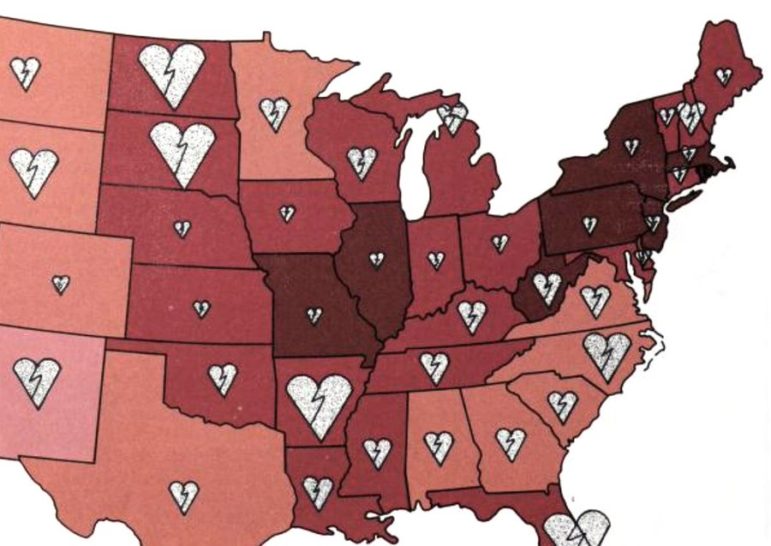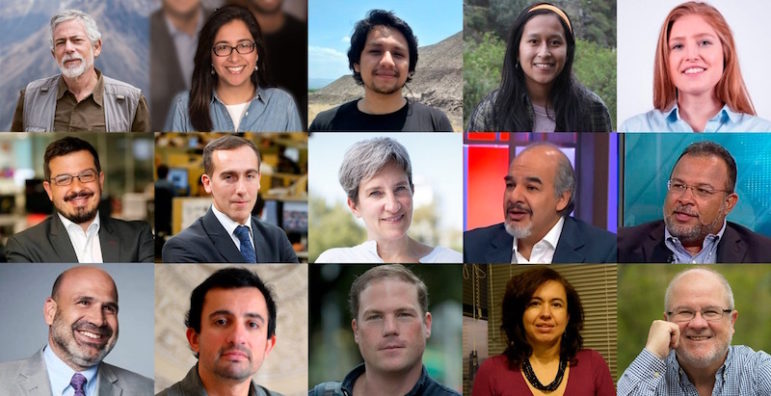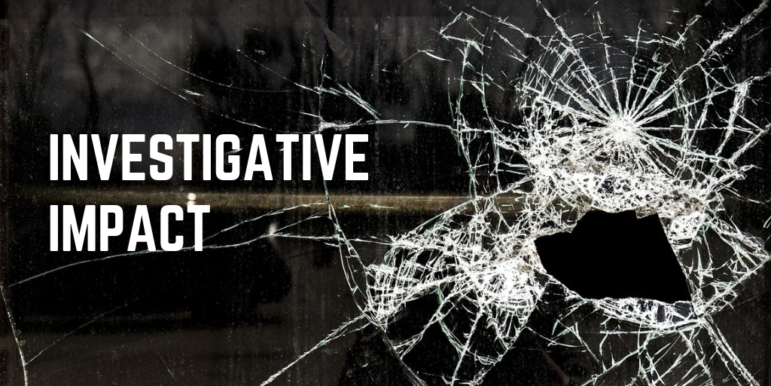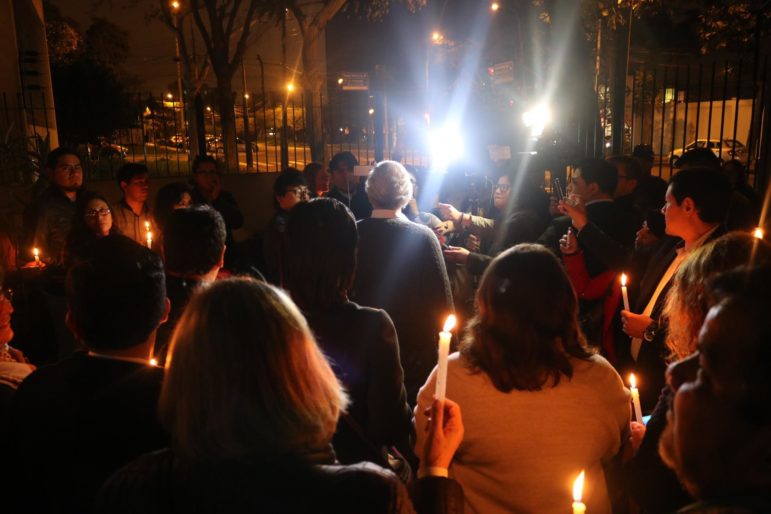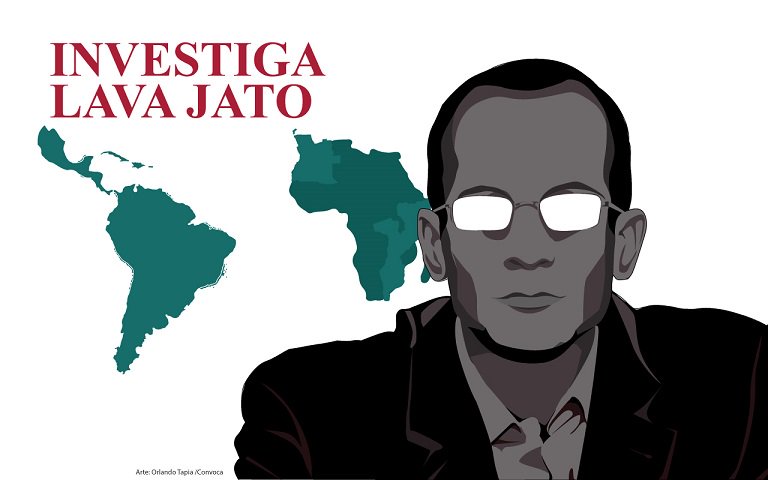
Member Profiles
IDL-Reporteros: The Newsroom That Dares to Challenge Peru’s Political Elite
This small investigative outlet spearheaded reporting on the Odebrecht corruption scandal and other examples of official misconduct in Peru. Now it is coming under attack from those same forces.

